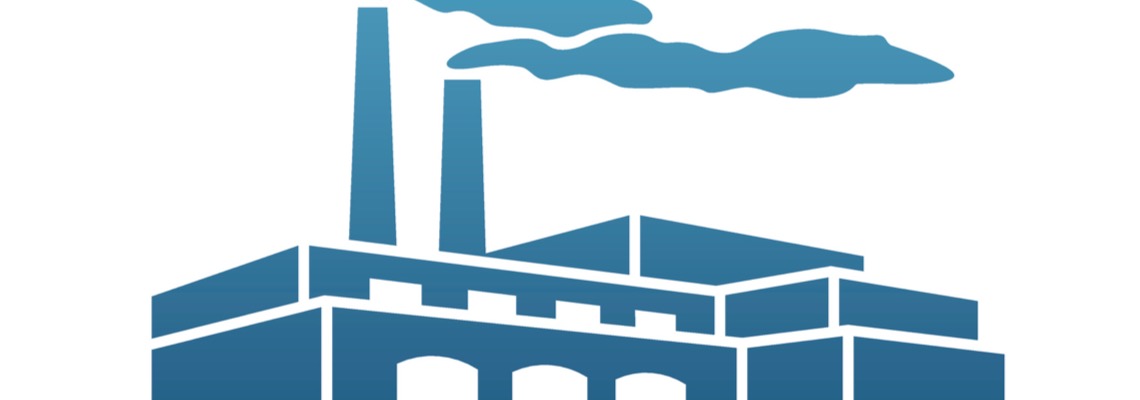
“Pssst! Wanna buy a fake degree?”
Thousands of people do so, every day.
Some realize what they are doing, but an escalating number are being duped by degree mills that operate sophisticated online schemes promising consumers they can get a degree fast online. These phony colleges, aptly named diploma mills, thrive on the sale of fake diplomas.
Diploma mills, also known as degree mills, are colleges that sell fake educational credentials or diplomas. Degree mills have experienced a surge in the last decade. These education scams prey on consumer ignorance about terms like “accreditation” and “licensing.”
A college degree is the second most expensive purchase most people will make in their lifetime—second only to the purchase of a home. Without a degree, careers remain stalled, wages low. For this reason, the sale of bogus online degrees has become big business.
What is a Diploma Mill?
A diploma mill, also known as a degree mill, is any bogus university that sells college diplomas—the piece of paper itself rather than the educational experience. Diploma mills crank out fake paper diplomas to anyone who is able to pay the requested “tuition” amount—generally a lump sum of from $500-$2,500.
“Diploma mills (or degree mills) are substandard or fraudulent ‘colleges’ that offer potential students degrees with little or no serious work,” says Alan Contreras, administrator of the Office of Degree Authorization for the Oregon Student Assistance Commission.
Diploma mills typically employ high-pressure sales people that specialize in aggressive telephone and email tactics. Some degree mills have been operating for decades. They avoid prosecution by changing their state of operation, by changing their name or by locating themselves in states or foreign countries with the weakest educational laws.
Degree Mills Feed on Blind Trust
Education represents a $900 billion market in the United States. Education, as a market, is second only to healthcare when measured as percentage of Gross Domestic Product (GDP).
It never occurs to most to question a college. This lack of questioning has increased the popularity of degree mills and online education fraud.
This amount of money has encouraged for-profit entities to enter the field of distance learning in record numbers. As profit has replaced public good (the historical goal of non-profit enterprises), corruption has become inevitable.
Blind public trust of higher education, combined with unfiltered advertising opportunities via the Internet, have combined to create a perfect storm that has allowed fake online colleges and universities to proliferate and profit at rates even cockroaches would envy.
Economic Temptation
Diploma mills cast an ominous shadow on the field of distance learning. The selling of unearned degrees is a part of what UNESCO’s International Institute for Educational Planning (IIEP) refers to as “an epidemic of corruption worldwide” in higher education.
While most think of education corruption as associated with developing countries, UNESCO has identified the United States as ground zero for education fraud largely because of the rising popularity of online education.
Speaking to the Chronicle of Higher Education in 2007, one of the authors of the UNESCO report, Jacques Hallack, a professor in France, fingered the Internet as the prime vehicle for the global spread of credentials from unregulated United States entities calling themselves “colleges” and “universities.”
The United States has no national or federal requirement that a college be accredited by a recognized agency; this lack of regulation has turned the United States into Education Scam Central. American diploma mills specialize in using the Internet to export fake credentials to a global marketplace desperate for higher education access.
In the United States over the last four decades, the sheer number of those who hold college degrees has continued to spiral. According to the Census Bureau’s National Center for Education Statistics, in 1964 less than 10 percent of the population held bachelor’s degrees; by 2004 that number had spiked to 30 percent.
In 2010, it is expected that more than 70 percent of high school graduates will seek admission to some sort of college or university system. Americans are literally storming the doors of higher education.
Many employers expect applicants to hold a degree, even for entry-level positions. In many careers, such as teaching, business, nursing, psychology and library science, a master’s is now considered mandatory.
At the same time, the cost of a degree has escalated at inflationary rates that surpass precious metals. According to the College Board, the average sticker price for a bachelor’s during the 2008 school year is $25,000 at a public school and $95,000 at a private school.
By comparison, surveys of 25 North American college diploma mills performed by GetEducated.com in 2010 revealed the average cost of a fake online bachelor’s to have dropped to only about $399. (The price tag is $100-$200 more if the “student” wishes to “graduate” with honors.) For many Americans, $399 seems a tempting bargain for a piece of paper that will determine their salary in a troubled job market.
As the economy tightens, diploma mills will continue to expand, offering American workers a tempting opportunity to purchase paper pedigrees and buy a degree online and overnight.
Related Resources
Do Real Accredited Universities Offer Life Experience Degrees?
Regionally Accredited Online Colleges vs. Nationally Accredited
